 The song of our previous post, Heiß mich nicht reden, closes the book V of Goethe's novel. Mignon sings it after saying goodbye to Wilhelm, who goes on a trip to fulfill Aurelie’s last will: to deliver to Lothario (her old sweetheart) a letter she wrote him shortly before her death. However, the novel doesn't resume its main plot, instead, the reader finds a text that the narrator has already anticipated. You might remember a doctor who visits Aurelie shortly before her death; he finds her so upset that he sends her a manuscript written by a friend recently deceased, hoping that reading would calm her down. Aurelie reads it and, in fact, she feels better and spends her last days in peace.
The song of our previous post, Heiß mich nicht reden, closes the book V of Goethe's novel. Mignon sings it after saying goodbye to Wilhelm, who goes on a trip to fulfill Aurelie’s last will: to deliver to Lothario (her old sweetheart) a letter she wrote him shortly before her death. However, the novel doesn't resume its main plot, instead, the reader finds a text that the narrator has already anticipated. You might remember a doctor who visits Aurelie shortly before her death; he finds her so upset that he sends her a manuscript written by a friend recently deceased, hoping that reading would calm her down. Aurelie reads it and, in fact, she feels better and spends her last days in peace.
This text is included in the novel as book VI, named "Confessions of a Fear Saint." The narrator is an educated, intelligent woman who explains a life in which her inclination for religion plays a very important role. Thomas Carlyle uses in his translation the expression "fear saint" instead of the literal "beautiful soul" (the German original is entitled Bekenntnisse einer schönen Seele) according to Schiller's definition: "a beautiful soul is "a human being whose emotions have been educated by reason, so that Pflicht und Neigung (duty and inclination) are no longer in conflict with one another".
The woman (we don't know her name) has nothing to do with Wilhelm and the main plot doesn't progress with what she explains, so I could have done without talking about this part, except for two reasons. The first one is that it includes a song, and we are talking about every song (even if there isn’t any recording, which is the case). The song appears while the "fair saint" speaks of her fiancé; her feelings are clearly described in the following sentence: "Except Narciss, the world was altogether dead to me; excepting him, there was nothing in it that had any charm". The song, which has only three verses, is a few lines after this statement:
Ich schien mir nur für ihn geboren,
Begehrte nichts als seine Gunst.
His would I be, and not another’s;
To me his love was all in all.
The second reason is that there are some characters worth mentioning in this book. Yes, I'm aware that I said that the book VI is not important for the main plot but some characters should be taken into account. Let's see... Towards the end of her story, the narrator tells that her younger sister married a young rich man, a marriage arranged by an uncle. The couple has four children, two boys and two girls. The husband dies before the younger son is born, when falling off his horse; the wife dies in childbirth and the four orphans are left in charge of their uncle. The point is that we’ve already met three of those children, and soon enough we’ll meet the fourth. Wilhelm also knows them, of course, but he's not aware it. So far, there's nothing more that I can explain!
I said before that we won't listen to the song of book VI. The only composer who musicalized it was Anton Rubinstein and, as I explained, when I spoke about Ihm farbt der Morgensonne Licht, Rubinstein's song cycle is not recorded. So we're listening to one more version of Heiß mich nicht reden. In our previous post, we heard the last song that Schubert wrote with this poem, today Mignon tells about her secret with Schumann's music; the performers are Christine Schäfer and Graham Johnson.
Heiß mich nicht reden, heiß mich schweigen,
Denn mein Geheimnis ist mir Pflicht,
Ich möchte dir mein ganzes Innre zeigen,
Allein das Schicksal will es nicht.
Zur rechten Zeit vertreibt der Sonne Lauf
Die finstre Nacht, und sie muß sich erhellen,
Der harte Fels schließt seinen Busen auf,
Mißgönnt der Erde nicht die tiefverborgnen Quellen.
Ein jeder sucht im Arm des Freundes Ruh,
Dort kann die Brust in Klagen sich ergießen,
Allein ein Schwur drückt mir die Lippen zu,
Und nur ein Gott vermag sie aufzuschließen.
O, ask me not to speak, I pray thee!
It must not be reveal’d but hid;
How gladly would my tongue obey thee,
Did not the voice of Fate forbid!
At his appointed time revolving,
The sun these shades of night dispels;
The rock, its rugged breast dissolving,
Gives up to Earth its hidden wells.
In Friendship’s arms each heart reposes;
There soul to soul pours out its woe:
My lips an oath forever closes,
My sorrows God alone can know.


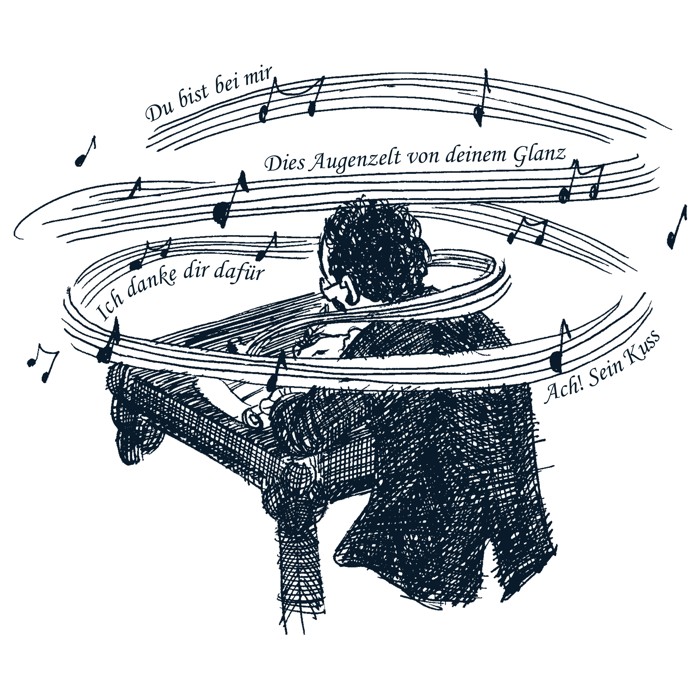





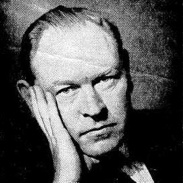

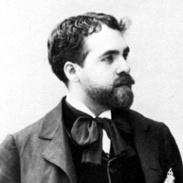








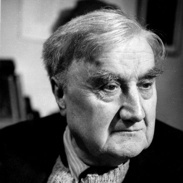














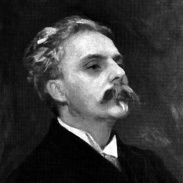


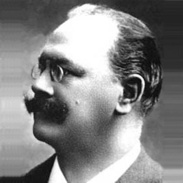




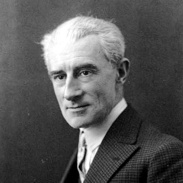


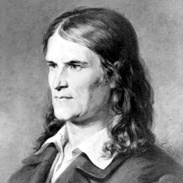


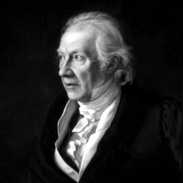






Comments powered by CComment